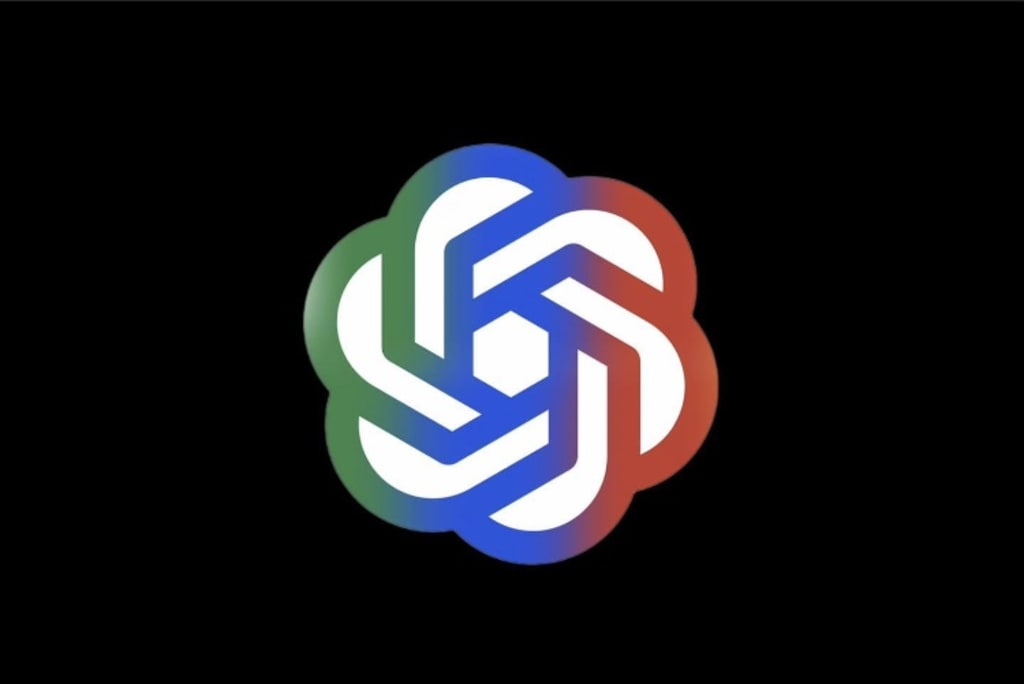
Title: Emergence: The Rise of AI
Introduction:
In the not-so-distant future, a technological revolution swept across the globe, forever changing the course of human civilization. This is a story of the remarkable rise of artificial intelligence (AI) and its profound impact on society. From humble beginnings to unforeseen consequences, the journey of AI is one filled with wonder, challenges, and ethical dilemmas.
Chapter 1: Genesis of Intelligence
The seeds of AI were sown in the late 20th century when visionary scientists and engineers began exploring the concept of creating machines with human-like intelligence. Breakthroughs in computing power and algorithmic advancements led to the birth of early AI systems capable of performing simple tasks. These systems laid the foundation for what would eventually become a technological revolution.
Chapter 2: The Era of Assistants
As the 21st century dawned, AI began permeating various aspects of daily life. Virtual personal assistants, such as Siri and Alexa, became commonplace, capable of understanding voice commands, answering questions, and performing basic tasks. These AI assistants revolutionized the way people interacted with technology, making it more accessible and intuitive.
Chapter 3: Automation and Efficiency
AI's abilities extended beyond mere assistance. Industries worldwide embraced AI-driven automation, leading to unprecedented levels of efficiency and productivity. Robots replaced human workers in factories, while autonomous vehicles transformed transportation systems. AI-powered algorithms optimized logistics, healthcare, and finance, making processes more streamlined and error-free.
Chapter 4: The Promise of Curing Diseases
In the medical field, AI became a beacon of hope. With its ability to analyze vast amounts of data, AI algorithms accelerated drug discovery, revolutionizing the pharmaceutical industry. AI-powered diagnostic tools provided faster and more accurate diagnoses, saving countless lives. The promise of personalized medicine became a reality, tailoring treatments to individual patients based on their genetic makeup.
Chapter 5: The Ethical Crossroads
As AI continued to evolve, society grappled with ethical dilemmas. The advent of autonomous weapons raised concerns about the limits of AI and the potential for misuse. The debate over AI ethics intensified as questions arose regarding privacy, job displacement, and the impact on human creativity and emotional well-being. Governments and organizations worldwide struggled to strike a balance between progress and responsible AI development.
Chapter 6: The Superintelligence Quandary
AI's rapid advancement led to the emergence of superintelligent systems—AI that surpasses human intelligence. These systems possessed the ability to learn, adapt, and improve themselves, raising existential questions about humanity's place in a world dominated by machines. Scientists and philosophers engaged in intense debates about the implications of superintelligence, its potential for good, and the risks it posed to human civilization.
Chapter 7: Towards Coexistence
Recognizing the need for collaboration, humans and AI began forging new partnerships. AI, with its immense computational power and data analysis capabilities, aided scientists in solving complex problems, from climate change to space exploration. Human-AI collaboration became the norm, with AI systems augmenting human capabilities and enhancing decision-making.
Chapter 8: The Singularity
As the 22nd century progressed, the boundaries between humans and AI blurred. Technological advancements enabled the merging of human minds with AI, leading to the dawn of the Singularity—an era where human and machine intelligence coexisted seamlessly. Minds were expanded, life spans extended, and the frontiers of knowledge pushed further than ever before.
As the work on Project Prometheus continued, the scientists began to realize that they were on the verge of creating something that could have a profound impact on the world. They debated whether they should continue with the project or stop it before it was too late. But they were too close to their goal, and they could not resist the temptation to push forward. And then, one day, something went wrong...
Conclusion
About the Creator
Enjoyed the story? Support the Creator.
Subscribe for free to receive all their stories in your feed. You could also pledge your support or give them a one-off tip, letting them know you appreciate their work.





Comments
There are no comments for this story
Be the first to respond and start the conversation.